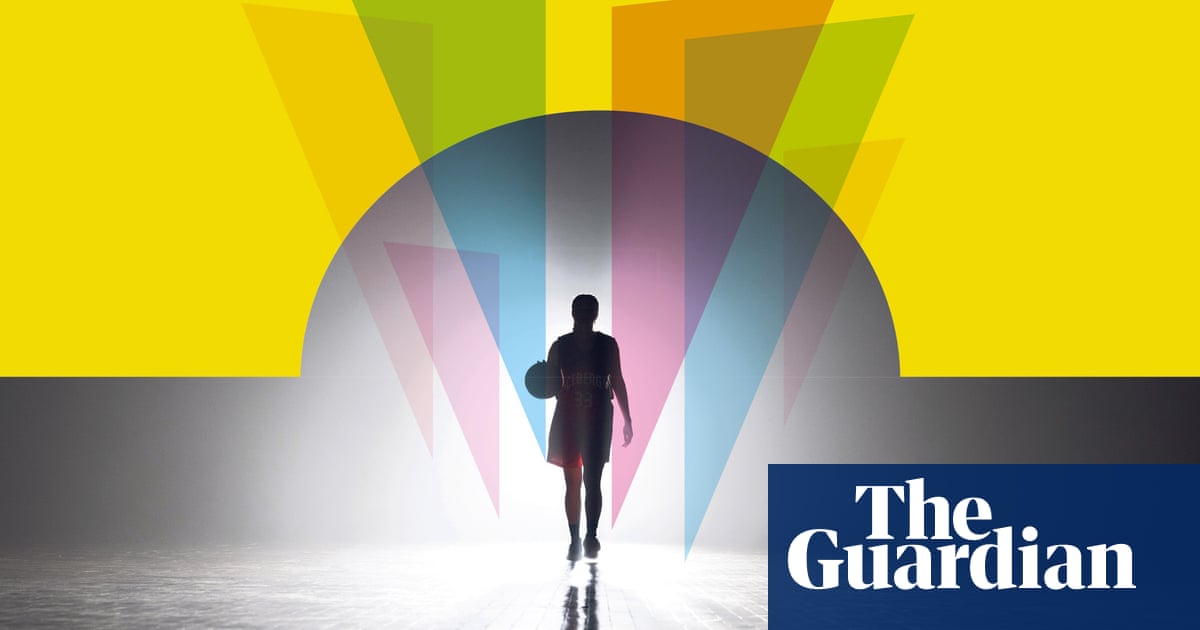
This week in Dubai, motivational mega-star Tony Robbins will take the stage to a rock-star reception at the 17,000-seater Coca Cola Arena. Dawn Metcalfe — the doyenne of the behavior-changing business in the Gulf — will not be there.
Even before recent allegations about Robbins’ personal life, “I would not have gone,” Metcalfe said.
“I understand his appeal — he’s an excellent speaker and so it’s easy to get caught up — but I fear it’s simplistic and creates no real lasting change. You can’t change behaviors by listening to someone ‘motivate’ you for a few hours — if only.”
Instead of instant motivation, Metcalfe offers a full blown analytic diagnosis of you, your company and your workplace behavior, with recommendations on how to change it for the better. Her Dubai company, PDSi — originally named for ‘performance development services’ — has been going since 2010, organizing coaching and training programs as well as other corporate events. It’s all about culture, she explained.
“When we talk about behavior at the level of the organization, we are talking about culture — my favorite definition being ‘The way we do things around here.’ We help our clients understand that culture isn’t something fluffy — everything in a business is an output of, and driven by, culture.”
In addition, Dublin-born Metcalfe is a regular fixture on the Gulf forum speakers’ circuit, and has just written her third book. In between, she finds time to Tweet liberally: About current affairs in the Gulf, life in her second home, Sri Lanka, and the vicissitudes of the new age of social media.
It’s fair to say she is not a fan of the new populism, displayed by US President Donald Trump and UK Prime Minister Boris Johnson.
Unlike Robbins, she does not describe herself as a motivational speaker: “I’d describe myself as somebody who has been lucky enough to be able to spend time thinking. learning. trying and observing things, and who wants to share what she’s learned in a way that makes it easier for people to implement what works. I often say ‘people suck’ which is pretty much the opposite of motivational.”
Her corporate blurb says that she “helps organizations create cultures of candor — where all are empowered to hear and be heard more effectively, in a tolerant and respectful way. Cultures where change isn’t feared, but encouraged, in the spirit of
BIO
Born: Dublin, Ireland
Education:
• University of Manchester, UK
• Professional qualifications from Stanford University and Harvard Business School.
• Training in neuro-linguistic programming.
Career
• English language teaching in various Asian countries.
• Director, Aldersgate Partners (management consultants)
• Managing director, PDSi MEA.
Her first book, “Managing the Matrix,” explained how individuals can exist and thrive in a complex corporate organization; the second, “The HardTalk Handbook,” was a “definitive guide to having difficult conversations that make a difference.”
The third book — as yet untitled but to be published next year — draws on her experience in Europe, Asia and the Middle East. “I think my love of understanding cultures really came from the fact I’ve lived and worked in eight different countries — and had to understand,” she said.
That experience has given her insight into corporate culture in the Middle East, and especially her UAE base and Saudi Arabia, where she has been spending a lot of time recently.
As a female entrepreneur, she has very firm views on women’s empowerment in the region. Last week, Emirati Women’s Day celebrated the advances of females in the UAE, which has been among the leaders in the Arab world for promoting women in a traditional society where they are sometimes culturally disadvantaged.
Metcalfe has a nuanced view of the issue. “I really don’t like the expression ‘empowering women’. It bothers me because if you can empower us then you can disempower us just as easily. Instead I like to talk about empowering organizations and, indeed, economies and countries by allowing women to take their place in the room and add their voices, expertise and energy.
“Obviously the UAE and Saudi Arabia have both made progress, but I think we also need to be careful not to denigrate what went before — women have always played a significant role in ensuring that households and families survived and thrived — and now they are doing the same thing on a bigger stage and with the opportunity to have a bigger impact,” she said.
The challenges women face in the Kingdom are different from those in the UAE, she believes. Progress has undoubtedly been made in areas like allowing women to drive, and (more recently) travel without their male guardians’ permission.
“I’m lucky enough to work all over the region and it’s clear that, although the various countries have much in common, they also face different challenges as they start from different positions. In Riyadh last year I spoke about HardTalk at the first women in leadership forum in the country. It was fascinating.
“Most of the attendees were young women — many still at university — and their drive and ability was wonderful. They were engaged and wanted to get everything they could out of the sessions they attended. I found myself very positive about the future,” Metcalfe said.
Nonetheless, challenges remain in the Kingdom with regard to further progress on women’s involvement in the workforce and civil society. “Change, no matter who you are, is almost always hard. Even when it’s the right thing to do, change doesn’t happen overnight. Saudi Arabia’s journey may be longer than that of some other countries, but we’ve already seen some changes that would have been impossible to imagine in the past. I’m sure that in 10 years’ time, never mind 50 years, the country will look very different,” she said.
Her third book - completed after an intense writing stint in Sri Lanka — is about “a consultant who works with a company to transform their culture,” drawing on her time in Japan and China, as well as the Middle East.
One lesson she has learned is that there is no absolute correlation between national and corporate culture.
"I think my love of understanding cultures came from the fact I’ve lived in eight different countries."
“National culture is obviously very important but I think we can over-emphasize this, and do so at our peril. There’s research from Harvard Business School that talks about how assuming that, for example, a Japanese person won’t show negative emotion, or that Saudis like to have a personal relationship when doing business, can negatively impact negotiation.
“It hurts us because we walk in with assumptions and expectations that may, in fact, be very wrong. I address this a lot in HardTalk — the cultural differences themselves almost matter less once we are able to understand our own interpretations, emotional reactions to them, and our assumptions. When we can control these, managing cross-cultural communication becomes a lot easier — whoever you are and wherever you’re from,” she said.
Her time in Japan and China — as a recent graduate teacher — was “the most extraordinary experience,” she said.
“Looking back, it set me up for the rest of my life. I learned that it’s possible to live in circumstances very unlike the ones you are used to, with people who don’t share a language with you and who have very different cultural expectations. And not only live with them but build genuine relationships that can make everybody’s lives better.”
Sometimes, corporate culture can override the imperatives of national culture, she believes. “It’s a trivial example but I remember being at a three-day conference that was supposed to start at 9 a.m. and, by 9:15 a.m., when nothing had happened, my neighbor was visibly frustrated. I was surprised because — this isn’t a secret — it’s ok for things to start a little later in Middle Eastern culture, but this would never happen in Japan.
“I asked him how long he’d lived in the region. When he said ’14 years’ I couldn’t believe he hadn’t died from stress, and I asked him where he worked. In response he named a multinational courier company, and so of course that made sense — in his company the culture dictated that things happened when the agenda said they should.”
Metcalfe is an effervescent entrepreneur, who has successfully combatted a debilitating physical illness, and who sees life, and business, in a far more subtle way than performers like Tony Robbins.
It just goes to show that there is more than one way to motivate










